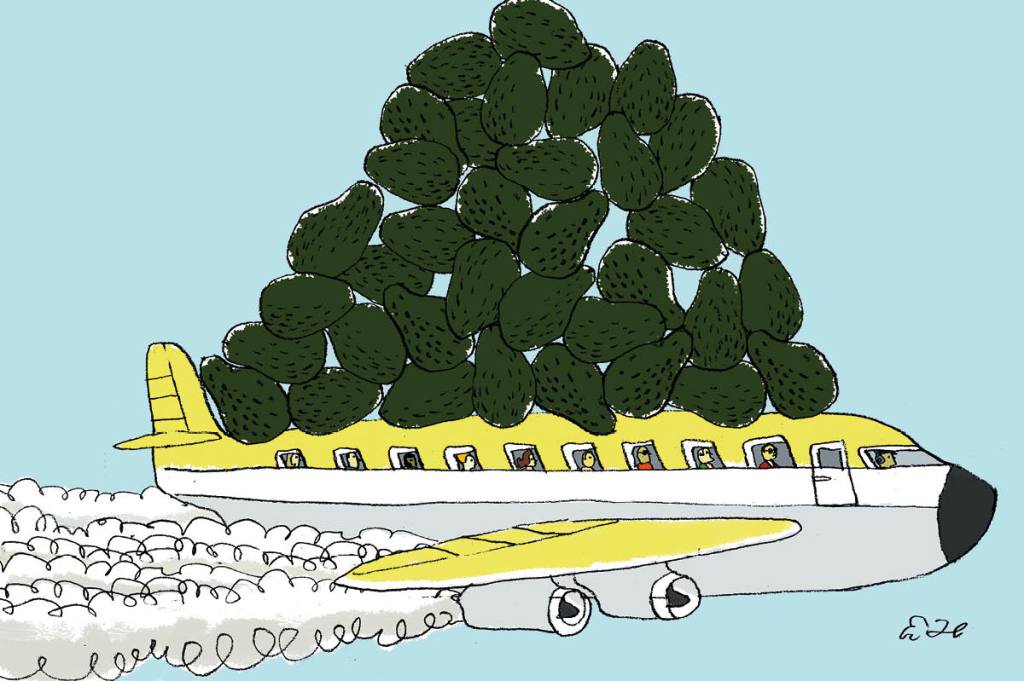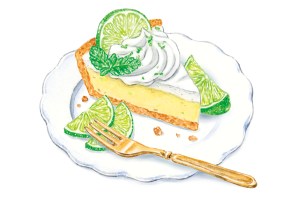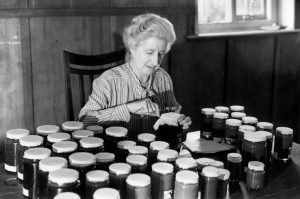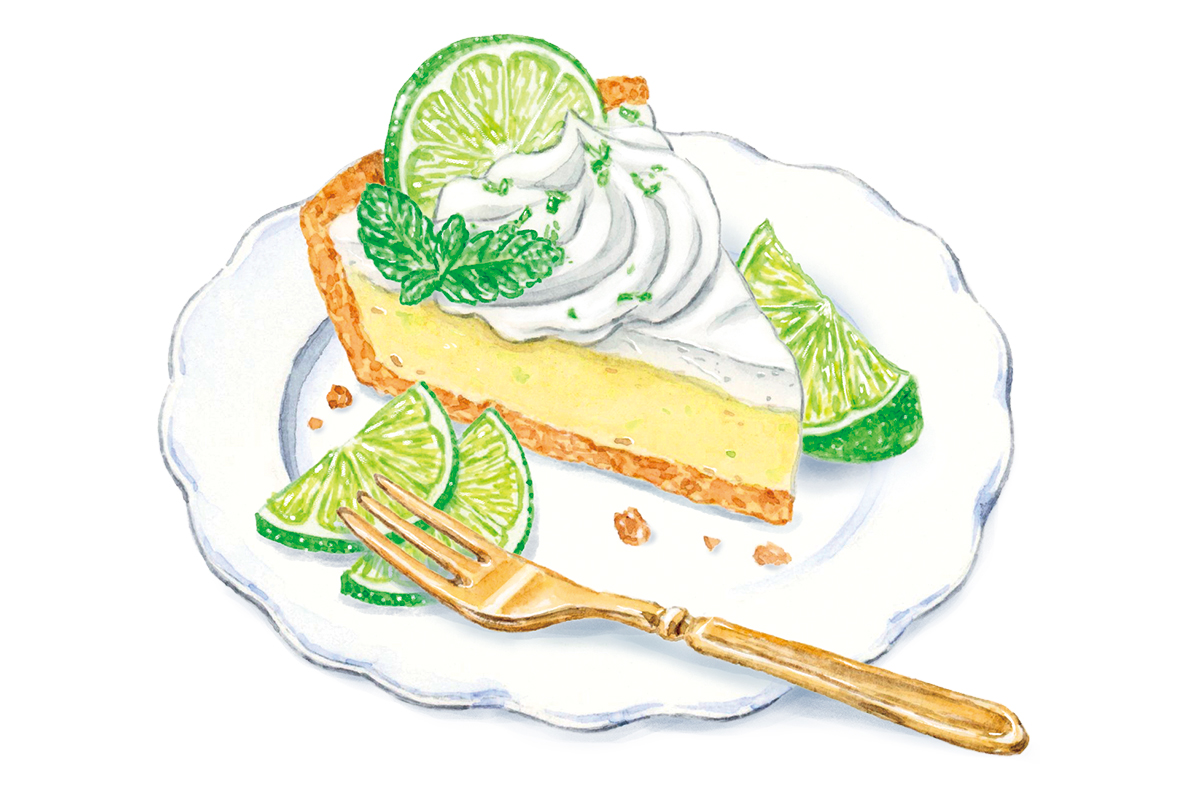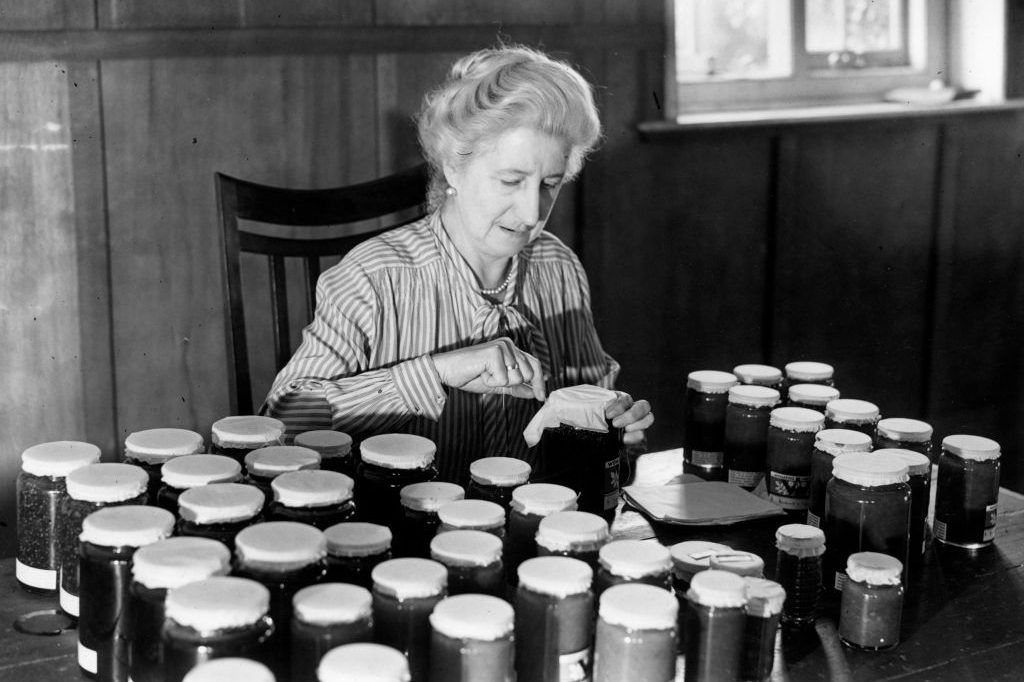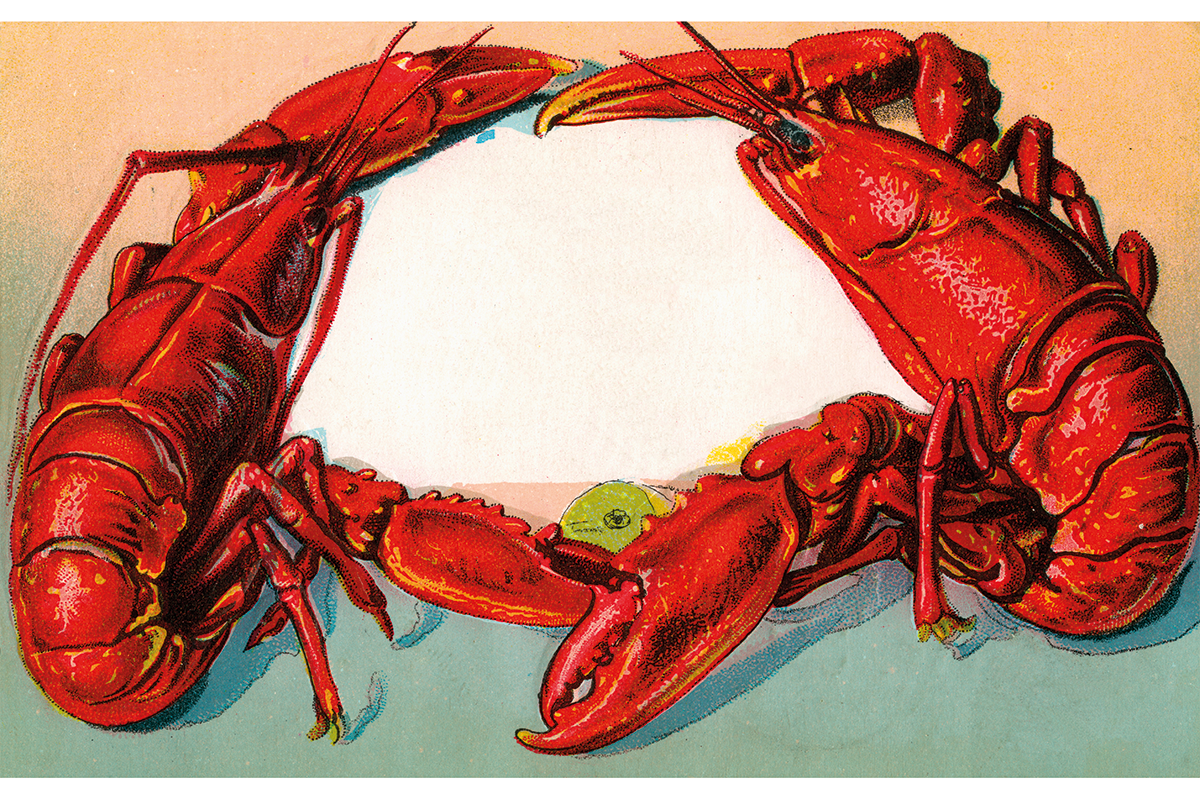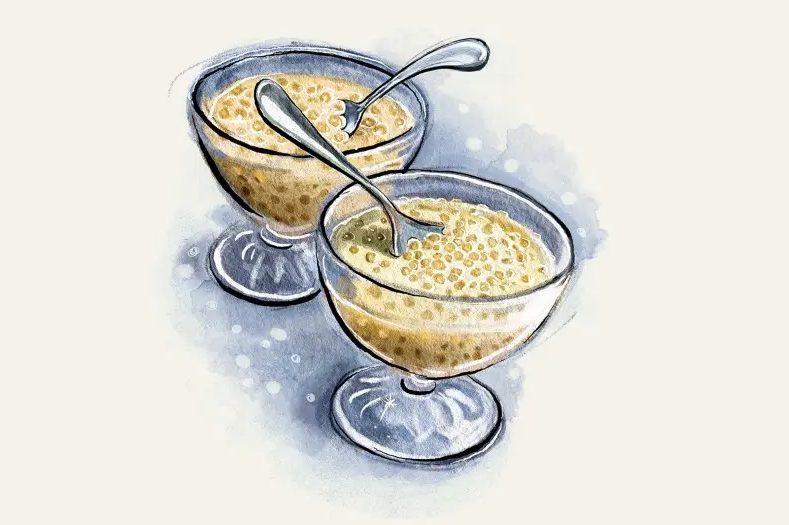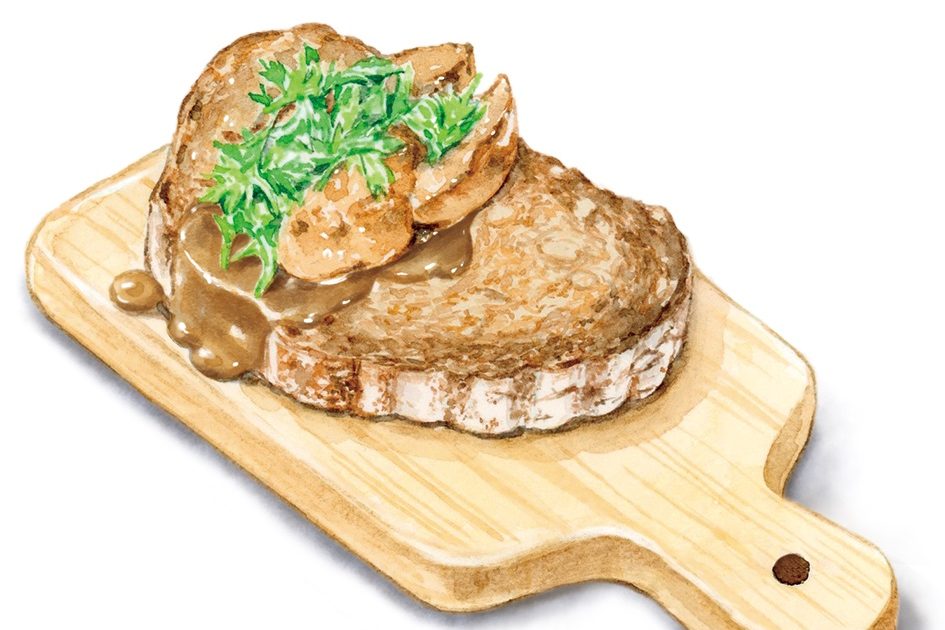When the gastronomes of the future come to choose the food that best represents our age, they will choose the avocado. The ubiquitous fruit is everywhere: in smoothies, on toast, served at breakfast, lunch and dinner, on t-shirts and all over social media.
It represents our ingenuity in supplying exotic fruit to every corner of the globe all year round, our obsession with “clean” eating, our aspiration to eat brunch and our love of anything that — even passingly — tastes a little bit like butter. But it also represents our greed, our hypocrisy, our vanity and our overwhelming anxiety.
Following readings of my recent book, Avocado Anxiety and Other Stories About Where Your Food Comes From, people have come up to me to confess that they are “terribly, terribly anxious” about avocados. Why? And what does it say about our wider food system?
The avocado has been eaten by humans for millennia. The Aztecs named the fruit ahuácatl, which some translate as testicle, because of its shape, wrinkled texture and the fact it hangs in pairs on a tree, and celebrated it as a source of virility. Still today in South and Central America there is a complex cuisine based around the many varieties of avocado. But it only really took off in the Western world in the latter part of the last century, thanks to Bill Clinton and the Super Bowl. During the 1990s the former president opened US borders to imports from Mexico, and at the same time some genius at the Mexican avocado marketing board thought to suggest guacamole as a Super Bowl Sunday party dip. Today people eat 80 million pounds of guacamole every year during the big game.
In the first two decades of this century, American avocado consumption went up almost 300 percent. Avocados became a key ingredient in “clean eating” dishes, such as Buddha bowls. Vegans and others discovered the avocado as a useful source of healthy fats. Even the baby boomer generation has embraced the avocado as part of a Mediterranean diet high in fiber and monounsaturated fats. Plus, an avocado on toast always looks pretty on Instagram. Oprah Winfrey eats avocado as part of her “sexy breakfast,” and popstar Miley Cyrus had one tattooed on her bicep.
Then came the backlash.
Predictably, it started in the US, with a flurry of reports of “blood avocados” from Mexico. Drug cartels in the state of Michoacán were said to be forcing producers to pay a tariff on every kilo of avocados produced, or face bloody consequences. The Sunday Times of London ran a series of articles highlighting allegations of human rights abuses on avocado farms in Kenya. The Daily Mail linked Meghan Markle’s habit of eating avocado on toast to “human rights abuses and murder.”
The environmental credentials of avocados were also under scrutiny. What was the carbon footprint of this fruit transported great distances? Could it be driving climate change? How about its water consumption? Reports emerged of rivers drying up in Chile because of thirsty avocado orchards. A report by the University of Cranfield for the British government recommended that the UK should be seriously looking at its reliance on exotic fruits like avocados from water-stressed countries; it concluded Britons should be eating more fruits and vegetables sourced at home.
Suddenly, a superfood was suspect. Trendy restaurants switched from guacamole to smashed peas on toast. To the annoyance of many and the agreement of some, the Australian property developer Tim Gurner suggested millennials should be saving up for a mortgage rather than spending money on fancy brunches.
The situation was so serious the avocado industry decided to fight back. The World Avocado Organization, an organization representing suppliers across the globe, employed a prestigious international PR agency to do some reputation management. Journalists were briefed on the facts behind avocados: avocados, said the industry, have a carbon footprint of around 1.6 kg CO2 per kilogram, much less than meat or dairy, though a good deal more than seasonal homegrown vegetables, such as potatoes. This is because the fruit is transported in bulk by ship rather than flown in an airplane. Yes, in water-stressed areas such as Chile, the use of water is an issue. But this, argued producers, is something technology can tackle with the use of drip irrigation to cut water use by more than 50 percent.
It may have helped, a little bit. Avocado sales continue to rise, and it is predicted to become the second-most traded tropical fruit by 2030, after bananas. Avocado anxiety, on the other hand, is here to stay; it’s a useful stand-in for our concerns about the cornucopia of food we see in the modern supermarket. Is it any wonder we are worried about where our food comes from? The food system is responsible for around a third of the human-made greenhouse gases blamed for driving climate change, as well as driving a worldwide collapse in biodiversity.
It is not an entirely pointless modern malaise; we should be looking at where our food is from and what’s involved in getting it. But should we be anxious about it? Evidence suggests trying to eat the perfect diet for the environment is not only expensive, but could also make you ill. Nutritionists have told me about young people coming into their clinics unable to eat a healthy diet because they are so concerned about the environmental impact of the food they are eating.
Readers often ask me, after confessing their avocado anxiety, what can be done?
Plenty, I think. You can cut carbon emissions by using up your leftovers: food waste causes up to 10 percent of human-made greenhouse gas emissions (and yes, we should eat less meat). You can reduce the use of artificial fertilizers on farms by eating legumes like beans, that fix nitrogen in the soil. You can boost the health of the envi- ronment — and your gut — by eating more diverse fruits and vegetables. You can ensure that the people who pick them are paid more by paying a few pennies extra for Fairtrade bananas. And you can reduce your water footprint a little by eating fewer avocados. Most of all, you can find out the stories behind your food — read books, speak to producers, order a veg box, but please — don’t worry too much about it.
Louise Gray is the author of Avocado Anxiety and The Ethical Carnivore, both published by Bloomsbury. This article was originally published in The Spectator’s August 2023 World edition.



